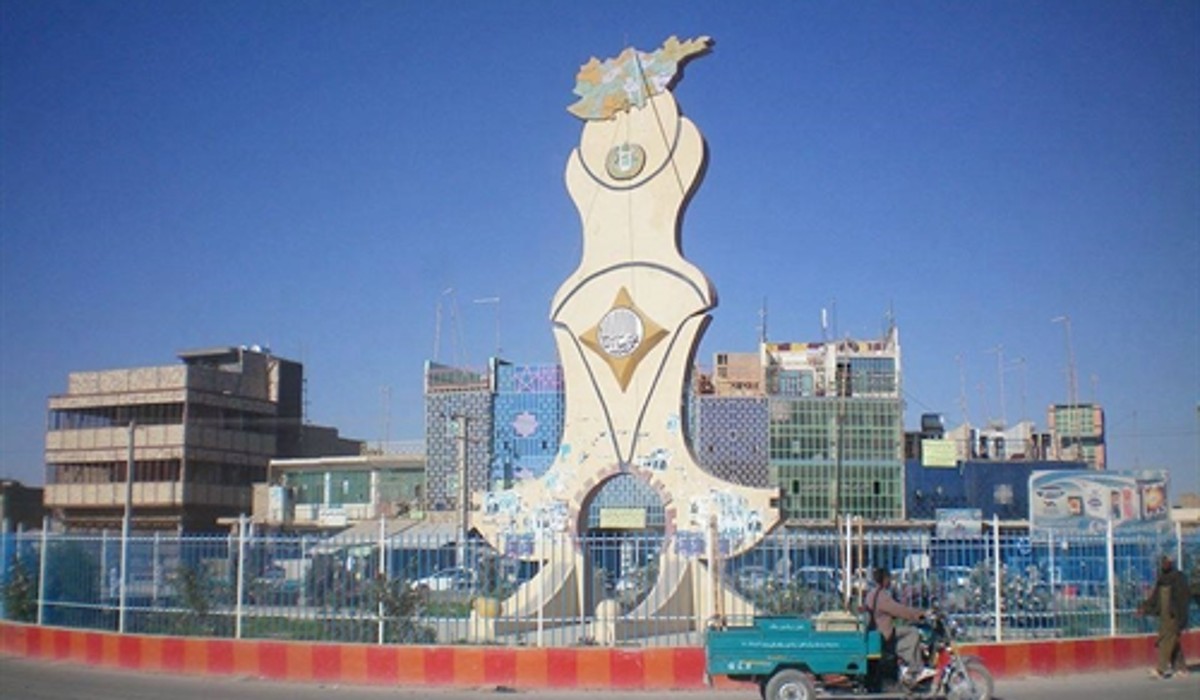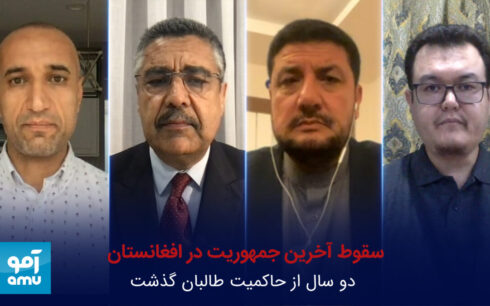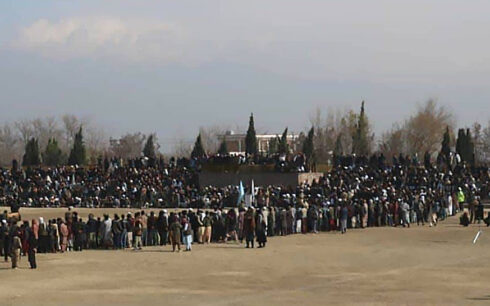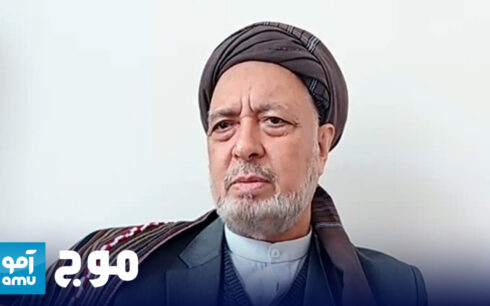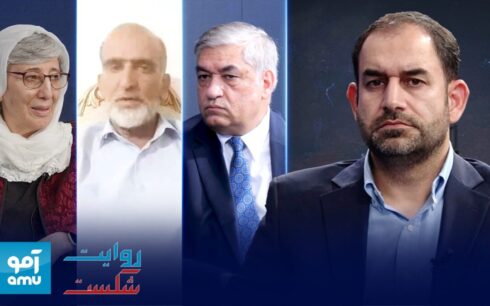Two years ago on this day, August 6, 2021, a new chapter was opened in the conflict situation in Afghanistan as the western province of Nimroz fell to the Taliban after the collapse of its capital Zaranj city.
Zaranj city succumbed to the Taliban after intense clashes with security forces, specifically within the Kang district situated in the northern region of Zaranj.
Simultaneously, fierce confrontations raged between security forces and the Taliban in multiple cities, including Herat in the west, Kandahar and Lashkargah in the south, and Sheberghan in the north.
Also, on the same day, the United Nations Security Council convened a special session dedicated to Afghanistan. During this gathering, the former UN envoy for Afghanistan delivered a grim report and stated that in just one month, the death toll had surpassed 1,000 due to battles in the cities of Herat, Kandahar, and Lashkargah.
The night before – on August 5, 2021 – the Taliban briefly gained control of Sheberghan city in the northern reaches of the country. However, by the following day, the tide had shifted, and the leadership of the conflict rested with Yar Mohammad Dostum, the son of former vice president Abdul Rashid Dostum, and the Taliban were eventually repelled from the city.
Amidst the persistent hostilities, the general populace grappled with mounting apprehension. Nasrin Hamidi, the former chairperson of the ministry of education’s monitoring office, articulated their sentiments: “The Afghan people found themselves caught in a deal that betrayed their aspirations, leaving them deeply concerned about their uncertain future.”
Former members of the security forces continued their resistance against the Taliban in the cities of Lashkargah and Kandahar. Meanwhile, Mohammad Ismail Khan, the former governor of Herat and a prominent ex-jihadi leader, dedicated his efforts to safeguarding his home province against the Taliban’s advances. But, a lack of government support left many political leaders with little choice but to refrain from direct confrontation.
“The government failed to provide him (Ismail Khan) with the necessary resources and support. Consequently, it became clear that the era of armed conflict had concluded, and an alternate path towards peace—one involving international stakeholders and the government—needed to be sought,” Mohammad Almas Zahid, a former presidential adviser, said in a post on Saturday on X (formerly Twitter).
Despite the former UN envoy to Afghanistan, Deborah Lyons, issuing a plea for an immediate halt to Taliban hostilities on August 6, 2021, insider sources indicated that the group persisted in pursuing a military solution rather than engaging in negotiations.

